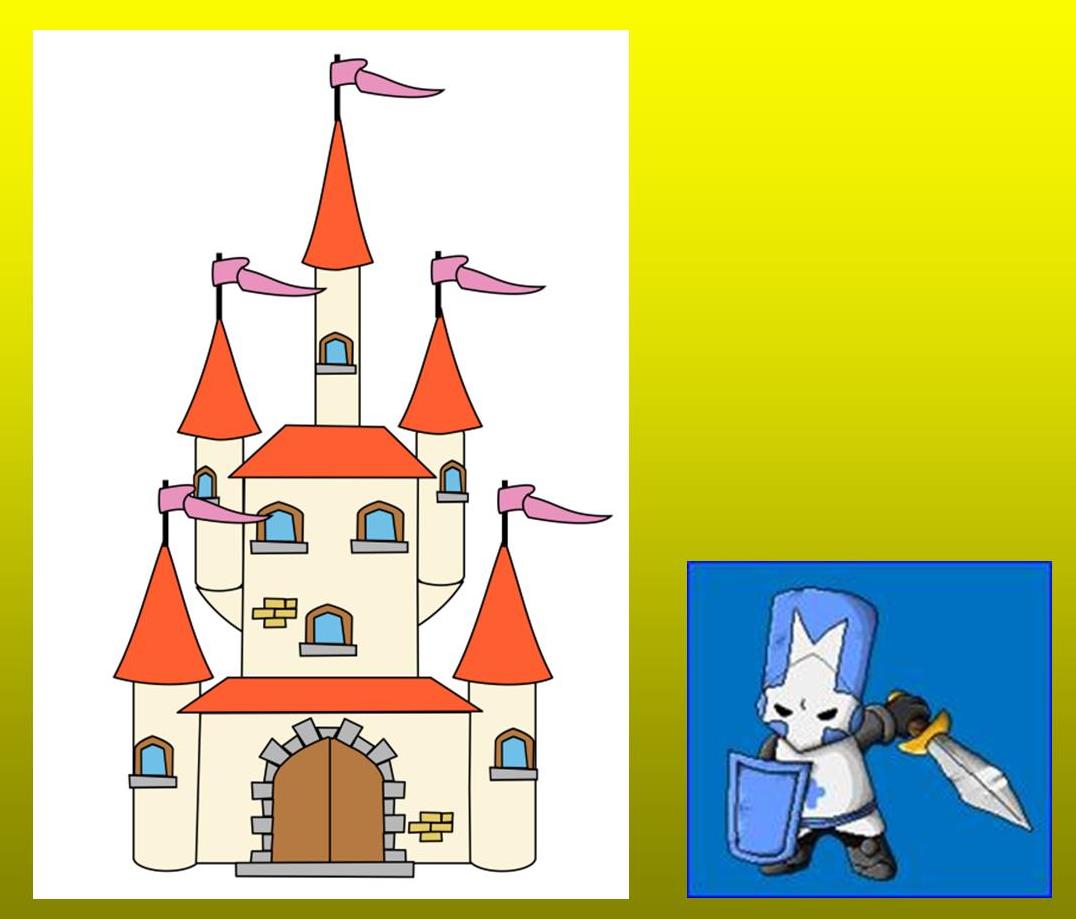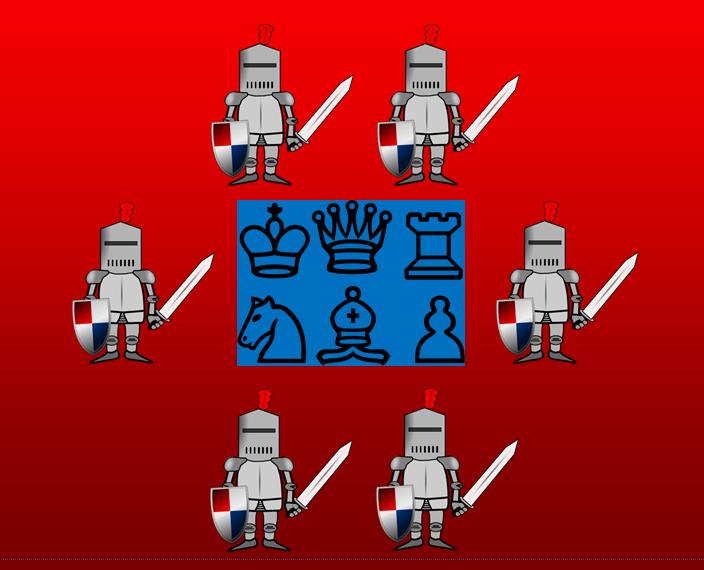Hi Chess’n Math Kids!
Lots of people talk about strategy and plans. Why is that? Well, if you could discover your chess opponent's plan of attack, it would make it much easier for you to thwart your opponent's plan; and then win the game.
Imagine there are 2 armies at battle. The red army is safely tucked away in a strong, red castle that has a heavy drawbridge in front, surrounded by a moat. The blue army is outside, wanting to break into the red army's castle. The blue army has a plan! They will wait until it gets dark and send their very best blue soldier who is very strong and swift to sneak into the red castle from a side door. All the red army will be asleep so they won't know what is coming when the blue soldier lowers the drawbridge to let the rest of the blue army come into the red castle to attack and capture the red King.

Why Did My Opponent Move There?
It does not look good for the red army. But, what if the red army knew about the blue army's plan? As the blue army was preparing their very best blue soldier, giving him detailed instructions on which side door to sneak into, arming him with protective armour and some light so he can see his way in the dark; the red army watched all this activity and asked themselves: "Why is our opponent doing this?"

The red army thought, "Even though it is getting dark and both the blue army and our red army should be preparing to go to sleep, instead the blue army seems to be preparing to go to battle. Wait a minute -- the blue army is preparing to attack our red castle when it gets dark! They seem to be getting their very best blue soldier ready -- he is probably going to come in through our side door because our front drawbridge is too huge and heavy for him from the outside, and then lower the drawbridge to let the rest of the blue army in to attack us as we sleep!

Now that the red army has figured out the blue army's plan, the red army can come up with their own plan to spoil things. For example, the red army can stay awake and make sure all the side and back doors are locked and heavily guarded to stop any blue soldier from sneaking in. Or the red army can be tricky and let the blue army's very best soldier sneak into the castle only to be captured by the red army. Or even trickier, the red army can let that blue soldier sneak into the red castle to lower the drawbridge and let the rest of the blue army in where the red army has laid a trap to capture all the blue army and thus will soon win the entire battle.

The battle on the chessboard works in a very similar way. If you can figure out what your opponent's plan is, you have a better chance to stop his/her plan and perhaps win the game. It all starts by simply asking each time after your opponent moves, "Why did my opponent move there?"
Then you try to understand what is happening on the board and answer that question: Oh, my opponent is attacking my Knight! Or my opponent is setting up to fork my Queen and Rook; or my opponent wants to remove my Knight so that my opponent's Queen can checkmate my King!
Asking "Why did my opponent move there?" gets our brains thinking and aware of possible dangerous plans that our opponent may have for us. This enables us to stop our opponent's plan and maybe even turn things around so that we capture our opponent's very best chess piece or trap several of our opponent's pieces enroute to victory!

Your feedback is welcomed and encouraged. Please email: CMAChessBlog@gmail.com with your comments.
Next week’s blog entry: “Finding that Special Christmas Gift for Your Favourite Chess Player”
